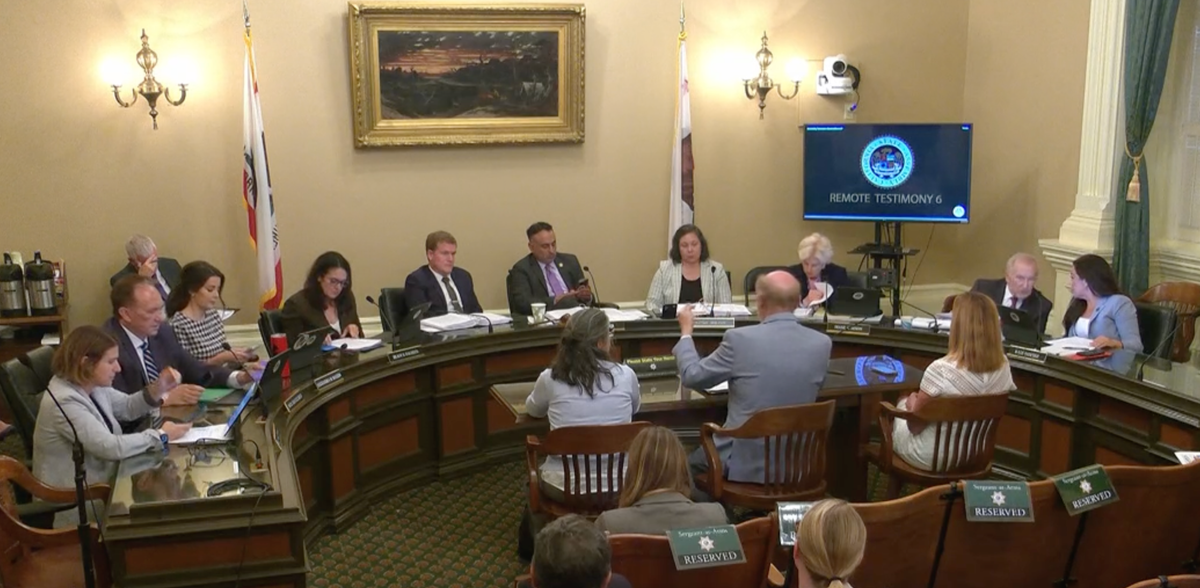
Childhood sexual assault litigation may be reformed again. In 2019, the legislature extended the statute of limitations around child sex assault cases, giving plaintiffs until their 40th birthday to file. In 2022, the legislature almost entirely removed the statute of limitations. With public agencies facing a tidal wave of lawsuits, Sacramento is considering bringing the statute of limitations back.
Sen. John Laird (D-Santa Cruz), authored Senate Bill 577, which passed the Assembly Judiciary Committee on July 16.
"This has been a very difficult task. On the one hand, there's the struggle for public agencies to pay, and we do not have billions of dollars right now to put in a fund to help the agencies to pay. On the other side, there are people who have been seeking justice for a very long time, and finally feel a glimmer that that is happening, or is about to happen. I have been working in this bill to thread the needle between both those things. This will provide justice for survivors while attempting to help local agencies navigate the situation," Laird told the Judiciary Committee.
Nancy Peverini of Consumer Attorneys of California has also been involved in the creation of the bill.
"It is really crucial that this Legislature continue to prioritize the rights of victims of childhood sex abuse. But we also recognize the complexities that are challenging our public entities. So to that end, we've been working in good faith with the public entities and others to find substantive provisions," Peverini told the committee.
The bill would make the following changes:
- Require plaintiffs older than 40-years-old to prove gross negligence
- Removes triple damages for public entity defendants
- Prohibits a case to be refiled, even if it was dismissed without prejudice, if five years have passed from the original filing date
- Requires certificates of merit, if required, to be filed at the same time as the complaint
- Requires judges, when considering whether to lower the amount of damages awarded, to consider a public entity defendant's mission, whether the amount awarded compensates for the plaintiff's harm, the severity of the harm to the plaintiff, whether the amount awarded is the equivalent of punitive damages and the level of the defendant's misconduct
Faith Georges, representing the California Association of Joint Powers, opposed the motion on the grounds that it does not do enough to address attorney fees or solve the challenges regarding the reconstruction of decade-old events.
"SB 577 does not address the unchecked diversion of billions of taxpayer dollars into litigation where the issue is public dollars diverted not to the victim but to the attorneys who collect upwards of 40% of the settlement awards," Georges said.
The bill passed the committee near-unanimously, with Assemblymember Kate Sanchez (R-Trabuco Canyon) placing the only no-vote. It passed the Senate Floor on May 28, without any no-votes.

